In Washington state, a felony conviction requires the agreement of all 12 jurors. In the event of a hung jury where the jurors cannot reach a unanimous verdict, a mistrial is declared, and the defendant will face retrial in front of a new jury.
However, the Double Jeopardy clause of the Washington Constitution provides a legal loophole that provides criminal defendants with the opportunity to earn an acquittal on the top count with only one juror’s vote. The Double Jeopardy rule states that:
“No person shall be compelled in any criminal case to…be twice put in jeopardy for the same
case.”
WA. Const. Art. 1, Sec. 9
To employ the double jeopardy rule, the defense attorney must convince the jury to convict their client of a lesser-included offense that results in a more lenient sentence. By rule, have has a legal loophole that can lead to a not guilty verdict on the most serious charges against a defendant. This loophole exists because of the constitutional protection against double jeopardy, which gives every criminal defendant the right to be free from being tried twice
for the same offense.
While this loophole may seem like a way to manipulate the system and secure a conviction without the need for all twelve jurors to agree on the most serious charges, it actually exists to protect defendants from being subjected to multiple trials for the same offense. This constitutional protection is designed to prevent prosecutors from continually retrying defendants until they secure a conviction.
However, the use of this loophole can also have significant implications for the criminal justice system. On the one hand, it can be seen as a way to ensure that justice is served by allowing juries to make nuanced decisions about the charges against a defendant. On the other hand, it can also lead to a situation where defendants are convicted of crimes they may not have committed, simply because the prosecution was able to secure a conviction on a lesser charge.
Ultimately, the use of this loophole highlights the importance of ensuring that the criminal justice system is fair and just for all parties involved. It is important for prosecutors to carefully consider whether it is appropriate to use this strategy in any given case, and for jurors to carefully consider the evidence presented to them before reaching a verdict. By doing so, we can help to ensure that justice is served in a fair and equitable manner while also protecting
defendants from being tried multiple times for the same offense.
In conclusion, the legal loophole in the criminal justice system that allows for a defendant to be convicted of a lesser offense exists because of the constitutional protection against double jeopardy. While it can lead to a not guilty verdict on the most serious charges against a defendant, it is designed to protect defendants from being subjected to multiple trials for the same offense. However, the use of this loophole can also have significant implications for the
criminal justice system, highlighting the importance of ensuring that justice is served in a fair and equitable manner while also upholding defendants’ constitutional rights.
Regenerate response
